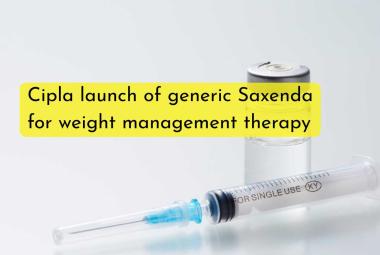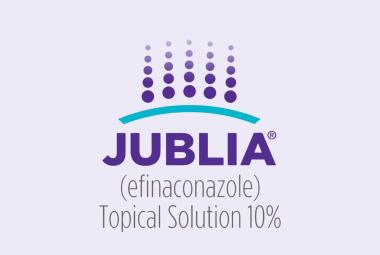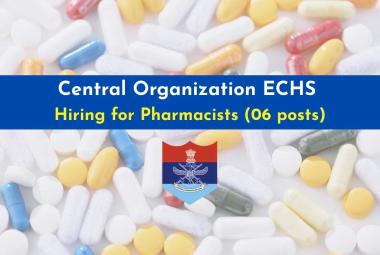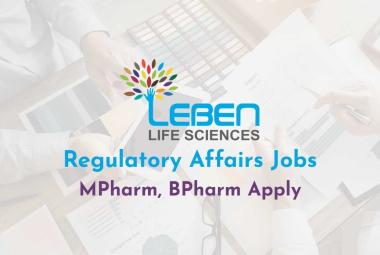Scientists from Jawaharlal Nehru Centre For Advanced Scientific Research (JNCASR) an autonomous institute under the Department of Science & Technology (DST), Govt. of India have modified the structure of Berberine, a natural and cheap product similar to curcumin, available commercially, into Ber-D to use as a Alzheimer’s inhibitor. Their research work has been published in the scientific journal iSceince. Alzheimer’s disease is the most prevalent neurodegenerative disorder and accounts for more than 70% of all dementia. The multifactorial nature of the disease attributed to multifaceted toxicity has made it difficult for researchers to develop effective medication.
Prof. T. Govindaraju, a Swarnajayanti fellow from JNCASR, led his team in the quest to discover natural product based therapeutic candidates for Alzheimer’s disease, and selected isoquinoline natural product berberine found in India and China and used in traditional medicine and other applications. However, berberine is poorly soluble and toxic to cells. So they modified berberine to Ber-D, which is a soluble (aqueous), antioxidant. They found it to be a multifunctional inhibitor of multifaceted amyloid toxicity of Alzheimer’s disease.
Protein aggregation and amyloid toxicity predominantly contribute to multifaceted toxicity observed in neuronal cells, including generation of reactive oxygen species (ROS), mitochondrial dysfunction, interfering with synaptic signaling, and activation of premature cell death. The JNCASR team developed this multifunctional inhibitor to ameliorate in cellulo multifaceted toxicity.
The structural attributes of Ber-D are such that they prevent the generation of reactive oxygen species (ROS) and rescue biomacromolecules from oxidative damage. Ber-D inhibits aggregations of metal-dependent and -independent Amyloid beta (Aβ) (which are the peptides of amino acids crucially involved in Alzheimer's disease as the main component of the amyloid plaques found in the brains of people with Alzheimer's disease).
The team developed Ber-D to effectively target multifaceted Aβ toxicity of Alzheimer’s disease. Berberine has 4 Phenolic hydroxyl groups which are methylated, hence water-insoluble. Natural product berberine was subjected to demethylation to obtain water-soluble polyphenolic derivative Ber-D. Treatment of berberine with demethylation agent BBr3(Boron tribromide) gave Ber-D Because of demethylation of berberine, 4 phenolic groups are free, increase water solubility, antioxidant property, and Cu-coordination to ameliorate multifaced toxicity of Alzheimer’s disease Detailed studies showed that Ber-D modulated Aβ toxicity of Alzheimer’s disease. Ber-D treatment averts mitochondrial dysfunction and corresponding neuronal toxicity contributing to premature apoptosis (cell death) making Ber-D a potential therapeutic candidate to ameliorate multifaceted Aβ toxicity in Alzheimer’s disease.
The antioxidant Ber-D efficiently quenched both Reactive nitrogen species(RNS) & reactive oxygen species (ROS) and prevent DNA damage, protein oxidation, and lipid peroxidation, which cause numerous adverse biochemical cascade reactions leading to neuronal death. Ber-D inhibits the formation of toxic Aβ fibrillar aggregates and protects mitochondria from dysfunction, one of the major causes of neuronal death. Their design strategy of synthetically transforming berberine to Ber-D, a multifunctional antioxidant and aggregation modulator, effectively ameliorate multiple Aβtoxicity both in vitro and in cellulo conditions.
These multifunctional attributes make Ber-D a promising candidate for developing effective therapeutics to treat multifaceted toxicity of Alzheimer’s disease.
Subscribe to PharmaTutor News Alerts by Email













